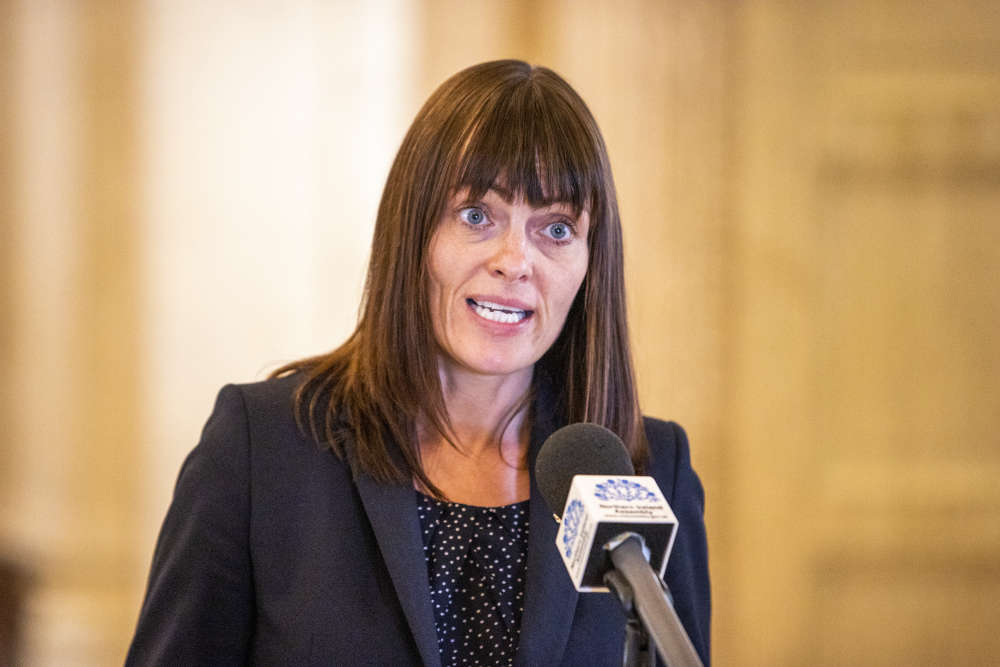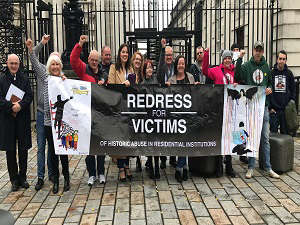
By David Young, PA
A proposed strategy to halve road fatalities in Northern Ireland is at risk due to the powersharing crisis, MLAs have been warned.
Infrastructure Minister Nichola Mallon said the lack of functioning executive meant she may not be able to progress the road safety strategy.
The resignation of DUP first minister Paul Givan, in protest at Brexit’s Northern Ireland Protocol, means the coalition administration cannot currently take decisions deemed significant, controversial or cross-cutting in nature.
The 2030 road safety plan aims to reduce the number of people killed in road collisions by 50% by 2030.
The strategy also seeks to reduce the number of people seriously injured by half.
It aims to reduce the number of children and young people killed or seriously injured on Northern Ireland roads by 60% by 2030.
The draft strategy was recently put out for a public consultation exercise by Ms Mallon’s department.
The SDLP minister was asked about progress on the strategy by Sinn Fein MLA Caoimhe Archibald during Assembly question time on Monday.
“My officials have been working very hard on this, they issued a consultation exercise on that,” Ms Mallon replied.
“I suppose the challenge here is that the Road Safety Strategy could be considered to be cross-cutting.
“That would mean that in the absence of an executive being able to meet and agree we could be looking at a delay on this really important piece of work.
“I don’t think that serves anybody’s interests.
“But I do want to assure the member that I will continue to take action to improve road safety, be it the 20 miles per hour outside schools, the mobile phone use while driving penalties that have been introduced, as well as the changes around drink driving.
“So I will continue to do that but I do think it is deeply regrettable that without an executive we may not be able to produce and complete a road safety strategy.”

(The infrastructure minister says the Road Safety Strategy is a cross-cutting issue)


 Firefighters tackle large fire at Coleraine recycling plant
Firefighters tackle large fire at Coleraine recycling plant
 Institutional abuse survivors urged to come forward before deadline passes
Institutional abuse survivors urged to come forward before deadline passes
 Motorcyclist dies in County Antrim road accicent
Motorcyclist dies in County Antrim road accicent
 ATM stolen from Co Antrim service station
ATM stolen from Co Antrim service station
 IntoMedia Group Announces Charity Partner for 2025
IntoMedia Group Announces Charity Partner for 2025